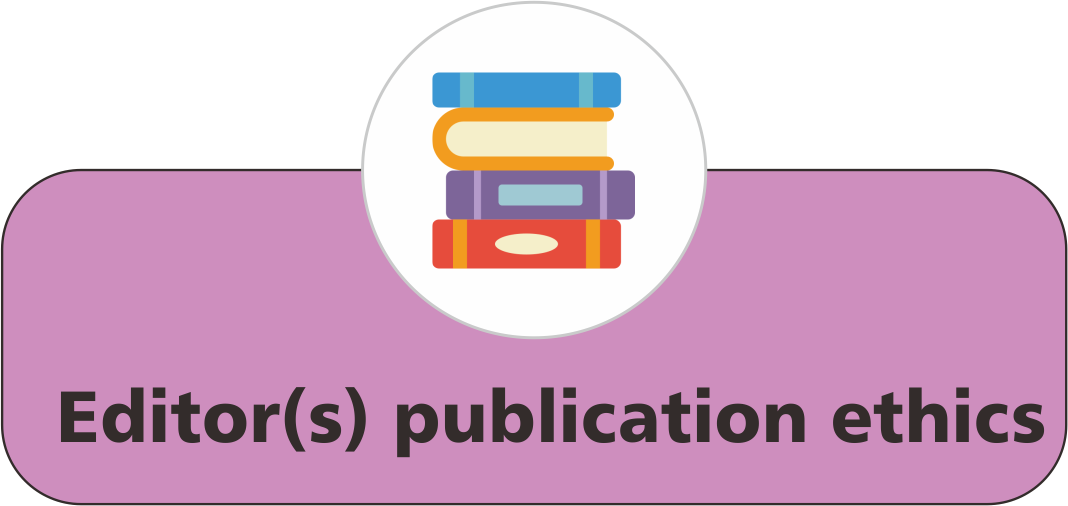Theoretical Aspects of Creating a Scientific and Educational Platform for Information and Trading Systems
 ), Yusubo Hissein Allafuza Inei(2),
), Yusubo Hissein Allafuza Inei(2),
(1) Moscow Polytechnic University
(2) Moscow Polytechnic University
 Corresponding Author
Corresponding Author
Abstract
Keywords
References
Glushchenko V. V. (1990). Functional-decomposition representation of complex technical systems. Izvestia of the USSR Academy of Sciences, Technical Cybernetics, 1990(2), 184-186.
Glushchenko, V. V. (2023). Formation of a paradigm for designing cyber-physical systems: Educational perspective. Indonesian Journal of Teaching in Science, 3(2), 45-58.
Henshaw, J. L. (2019). Systems thinking for systems making: Joining systems of thought and action. Systemic Practice and Action Research, 32(1), 63-91.
Lohachab, A., Garg, S., Kang, B. H., and Amin, M. B. (2021). Performance evaluation of Hyperledger Fabric-enabled framework for pervasive peer-to-peer energy trading in smart Cyber–Physical Systems. Future Generation Computer Systems, 118, 392-416.
Makeeva T.S. (2023). Electronic commerce: What is it, the principle of operation, types of e-commerce. Topical Issues of The Modern Economy, 2023(2), 20-25.
Mooney, P. H., and Hunt, S. A. (1996). A repertoire of interpretations: Master frames and ideological continuity in US agrarian mobilization. Sociological Quarterly, 37(1), 177-197.
Oney, E., Guven, G. O., and Rizvi, W. H. (2017). The determinants of electronic payment systems usage from consumers’ perspective. Economic Research-Ekonomska Istraživanja, 30(1), 394-415.
Shaidullina V.K. (2020). On the issue of distinguishing the terms "electronic commerce" and "electronic commerce". Eurasian Law Journal, 7, 243-245.
Sprano, E., and Zakak, A. (2000). E‐commerce capable: competitive advantage for countries in the new world e‐conomy. Competitiveness Review: An International Business Journal, 10(2), 114-122.
Sutherland, M., McKenney, M., and Elkbuli, A. (2020). Vehicle related injury patterns during the COVID-19 pandemic: what has changed?. The American Journal of Emergency Medicine, 38(9), 1710-1714.
Article Metrics
Abstract View : 942 times
: 942 times Download : 390 times
Download : 390 times
Refbacks
- There are currently no refbacks.
Copyright (c) 2023 Bumi Publikasi Nusantara

This work is licensed under a Creative Commons Attribution-ShareAlike 4.0 International License.









